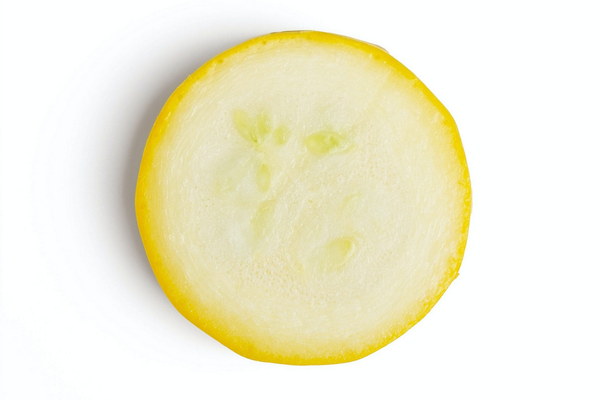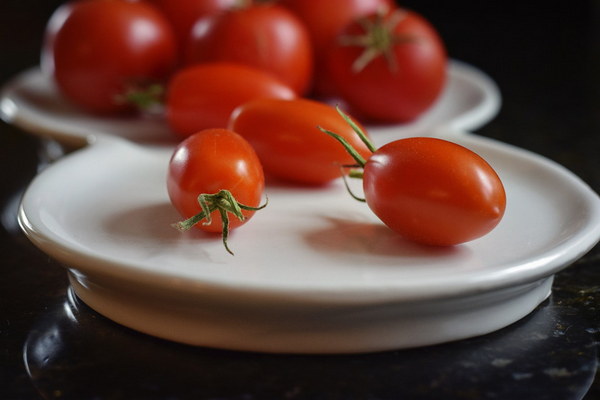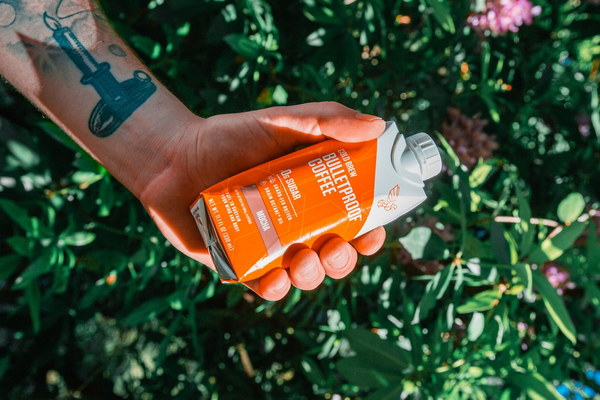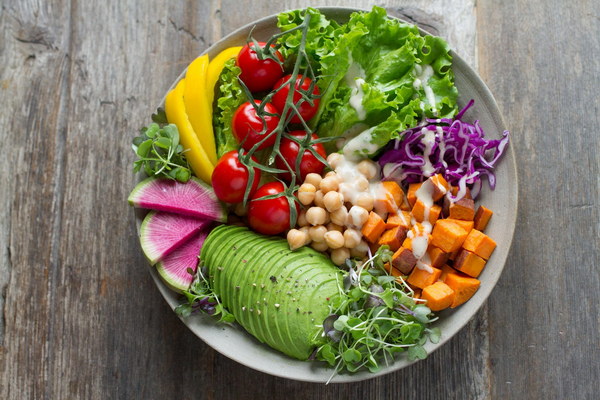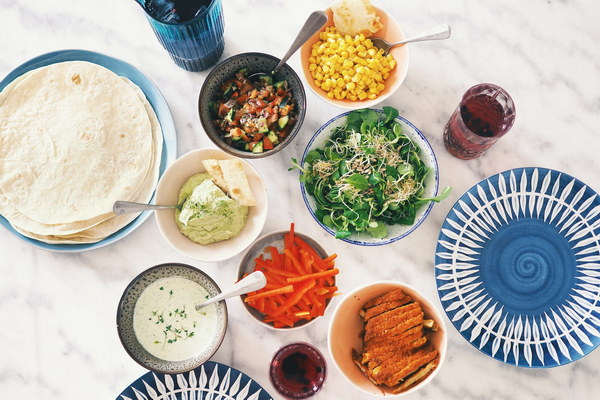Nurturing Your Lungs What Smokers Should Eat to Promote Lung Health After Quitting
Introduction:
Quitting smoking is a significant step towards improving one's health, and while it is a challenging journey, proper nutrition plays a crucial role in nurturing the lungs and aiding in the recovery process. In this article, we will explore the best foods that smokers should include in their diet to support lung health after quitting.
1. Foods Rich in Antioxidants
Antioxidants help combat the harmful effects of free radicals in the body, which can damage lung tissue. Incorporating foods high in antioxidants into your diet can aid in repairing and protecting the lungs.
a. Berries: Blueberries, strawberries, raspberries, and blackberries are rich in antioxidants and can help reduce inflammation and oxidative stress.
b. Green Tea: This beverage is loaded with antioxidants, particularly catechins, which have been shown to have lung-protective properties.
c. Leafy Greens: Spinach, kale, and Swiss chard are excellent sources of antioxidants and can help reduce the risk of lung diseases.
2. Foods High in Vitamin C
Vitamin C is essential for the immune system and plays a crucial role in the production of collagen, a protein that helps maintain lung structure. Including vitamin C-rich foods in your diet can help protect the lungs and improve overall respiratory health.
a. Citrus Fruits: Oranges, grapefruits, and lemons are high in vitamin C and can help boost your immune system.
b. Kiwi: This exotic fruit contains a significant amount of vitamin C, making it an excellent choice for lung health.
c. Peppers: Red, green, and yellow bell peppers are high in vitamin C and can be added to a variety of dishes.
3. Foods Rich in Vitamin E
Vitamin E is another powerful antioxidant that can help protect lung tissue and reduce the risk of chronic lung diseases. Including vitamin E-rich foods in your diet can aid in the healing process after quitting smoking.
a. Nuts and Seeds: Almonds, sunflower seeds, and walnuts are excellent sources of vitamin E.
b. Avocado: This creamy fruit contains a significant amount of vitamin E and can be used in a variety of recipes.
c. Olive Oil: Using olive oil for cooking or as a dressing can help increase your vitamin E intake.
4. Foods High in Omega-3 Fatty Acids
Omega-3 fatty acids have anti-inflammatory properties and can help reduce the risk of chronic lung diseases. Including foods rich in omega-3s in your diet can support lung health after quitting smoking.
a. Fish: Salmon, mackerel, and sardines are high in omega-3 fatty acids and can be enjoyed as part of a healthy diet.
b. Flaxseeds: These tiny seeds are a great source of omega-3s and can be sprinkled on salads or added to smoothies.
c. Chia Seeds: Chia seeds are another excellent source of omega-3s and can be mixed into yogurt or oatmeal.
5. Foods with High Water Content
Drinking plenty of water is essential for overall health, and it can also help in the healing process of the lungs. Including foods with high water content in your diet can help keep you hydrated and support lung health.
a. Watermelon: This hydrating fruit is packed with water and can be a refreshing snack.
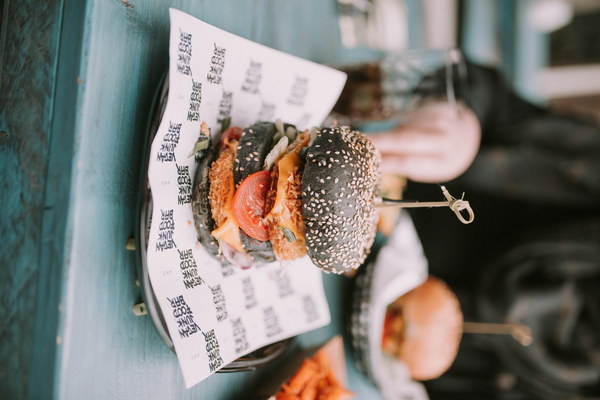
b. Cucumbers: These crunchy vegetables are high in water and can be enjoyed raw or added to salads.
c. Strawberries: Strawberries are not only delicious but also contain a high water content, making them a great choice for staying hydrated.
Conclusion:
Quitting smoking is a commendable decision, and proper nutrition can significantly contribute to the healing process of the lungs. By incorporating foods rich in antioxidants, vitamins, and omega-3 fatty acids, smokers can support their lung health and improve their overall well-being. Remember to consult with a healthcare professional before making any significant changes to your diet.




